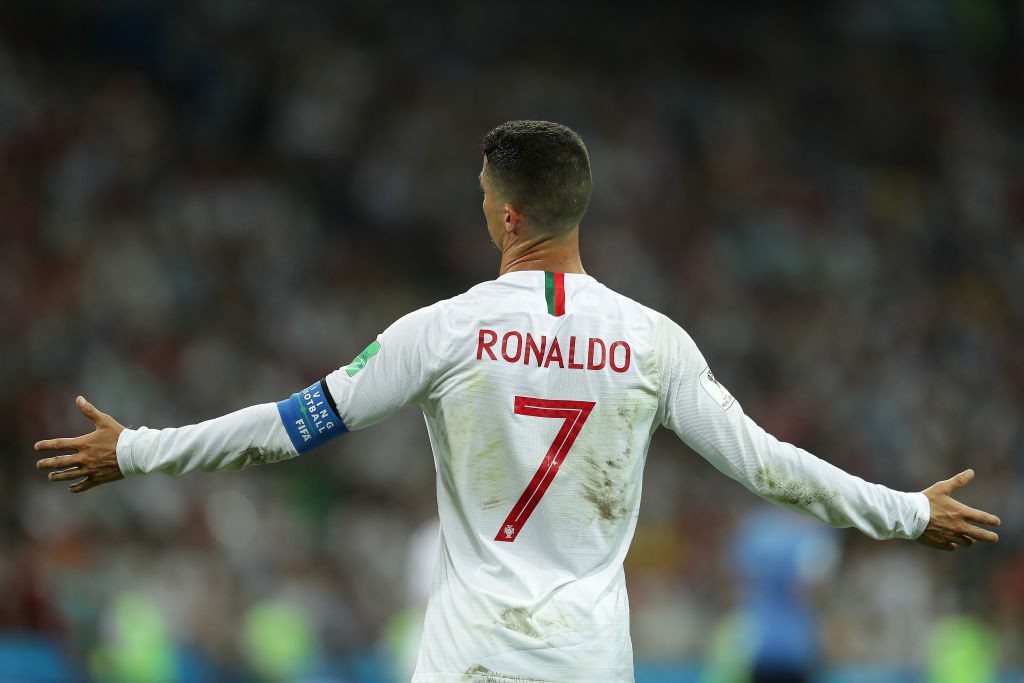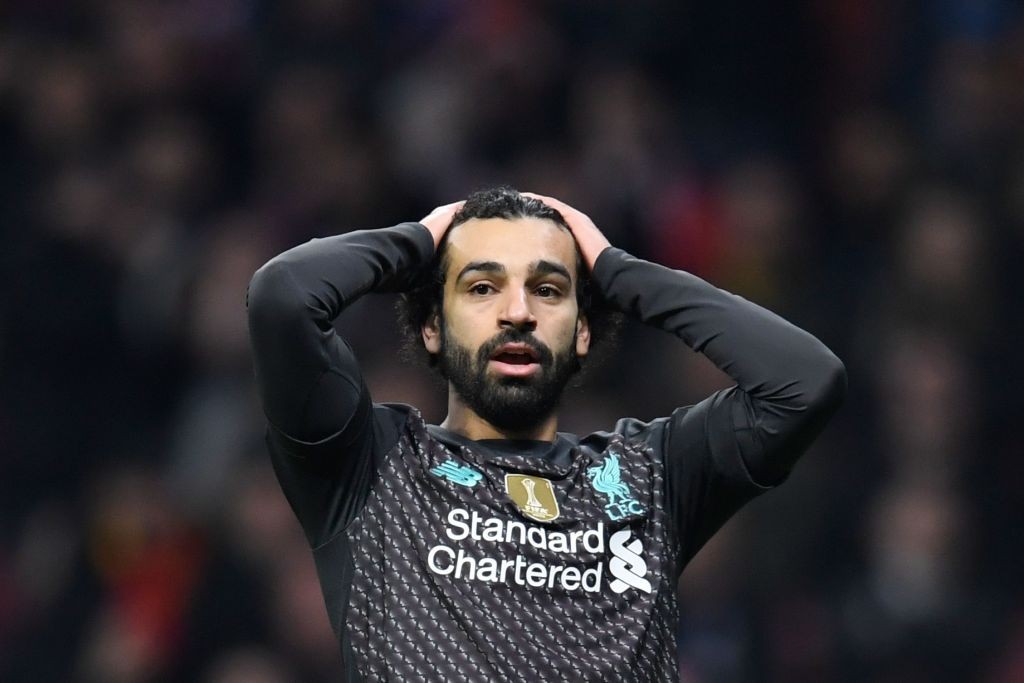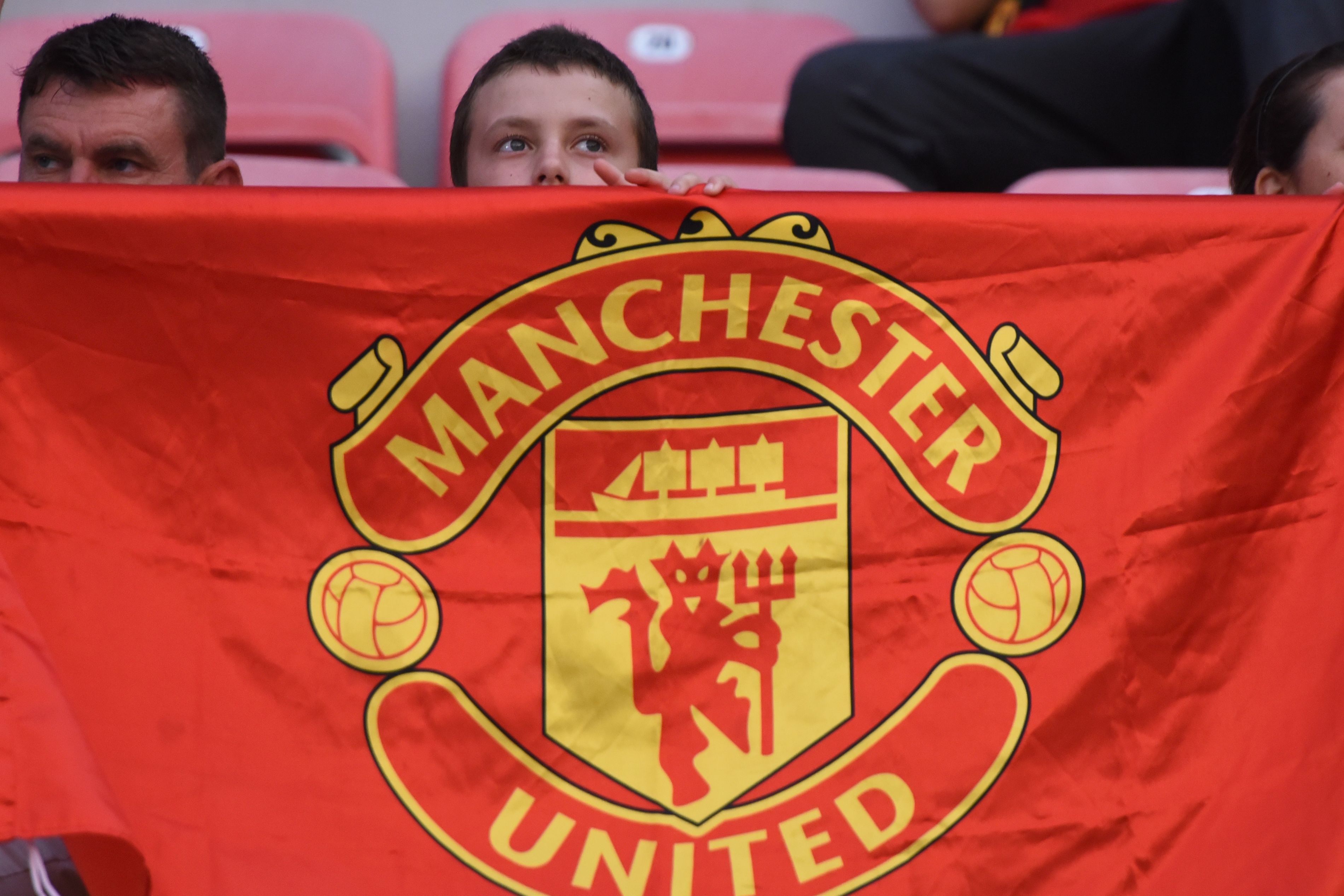Cristiano Ronaldo and Portugal put tremendous pressure on Morocco but could not find a way through, but what key factors contributed to their failure?
Portugal have historically had a dismal record at World Cups, and despite the high hopes heading into this tournament, Fernando Santos’s men were unable to live up to those expectations. The Selecao had never won the competition, only reaching the semi-finals twice. But Cristiano Ronaldo & co. had a fantastic opportunity to buck the trend in Qatar.
They had been effective at getting the job done, even if unconvincingly, in the group stage. But Portugal truly broke the shackles in the Round of 16 and showcased their world-class attacking talent, absolutely annihilating Switzerland 6-1 in what was one of the finest performances by any team at Qatar 2022.
With the out-of-favour and criticised Ronaldo absent, there was a feeling that Portugal were suddenly realising their potential without the 37-year-old holding them back. And Goncalo Ramos’s match-winning performance made a world of difference.
While the youthful exuberance worked wonders for boss Fernando Santos last time out, they could have done with some more experience against Morocco as they lacked any guile and composure in the final third to find the back of the net.
Morocco have beaten Belgium, Spain and Portugal on their way to the World Cup semifinals.
What an achievement 🙏 pic.twitter.com/JUquQVCZXP
— ESPN UK (@ESPNUK) December 10, 2022
Nevertheless, this is just the third time that Portugal have reached the quarter-finals of the World Cup. And it would have been deemed a decent return if they had lost to a tournament favourite or some European powerhouse. But they will feel they have missed an opportunity to go further, considering that they had what was perceived as a “favourable” draw.
The fact remains that it was not even a full-strength Moroccan side that sent them packing home, with key defensive duo of Nayef Aguerd and Noussair Mazraoui sitting out due to injuries suffered against Spain. Midfielder Sofyan Amrabat also had to “take an injection to play” in the Round of 16 fixture versus Spain, while captain Romain Saiss was playing in strappings.
Portugal have had a fine period of dominance under Santos’s management, having won the UEFA Euro 2016 and the inaugural UEFA Nations League in 2019. Having said that, he also oversaw Portugal’s so-called “Golden Generation” being ousted in the :ast 16 of the 2018 World Cup and Euro 2020.
It remains to be seen if he will survive or be removed by the Portuguese federation. For the time being, The Hard Tackle analyzes what went wrong for Portugal against Morocco despite dispatching Switzerland heftily only days ago.
Nobody benefited from Cristiano Ronaldo’s controversial interview; he is not a gamechanger anymore
Oh, Cristiano. Your illustrious international career certainly does not deserve this cruel ending. The heartbreak of losing out on a World Cup was apparent as a shattered Ronaldo burst into tears as he left the pitch and marched off down the tunnel in tears moments after the final whistle.
In truth, the ageing superstar has had a tough time controlling his emotions this year, with the general public finally realising that he is, after all, a human despite playing like a terminator on steroids all along until now, breaking records year after year for fun.
Bruno Fernandes had an off day and struggled to make an impact, while their other attacking assets, including Joao Felix, Bernardo Silva, and Goncalo Ramos, failed to deliver.
Ronaldo, the clutch talisman who has saved the day for his nation from perilous situations in the past and has been the epitome of the phrase “Cometh the hour, cometh the man” after delivering when it mattered the most on the biggest of stages countless times for both club and country, was called upon to save the beacon yet again.
It doesn't matter that Cristiano Ronaldo's international career will end without a World Cup.
He's broken goal records, he's broken appearance records, he won the Euros, he had nothing left to prove.
An incredible international career! 🇵🇹 pic.twitter.com/z8IHXdW6Di
— SPORTbible (@sportbible) December 10, 2022
But he was not really effective, though his presence inside the box was apparent as he almost got on the end of a couple of teasing crosses. His biggest chance arrived in the 91st minute in a one-on-one. But his booming strike at the near post was denied by Moroccan goalkeeper Bono, who clutched at the ball after saving it.
If Ronaldo was in his pomp, he would have chopped the defender twice before letting fly into the top bins and Portugal would have lived to fight another day.
His extraordinary striking powers and imperious athleticism, though, are waning, and there’s little he can do about it. That said, nobody can deny that the whole turmoil and controversy surrounding his future, his monster ego, and its impact on his Portugal teammates were entirely of his own fabrication.
He had seen little action in club football during his second season back at Old Trafford. To make matters worse, his contract with the Red Devils was terminated following a bombshell interview with Piers Morgan in which he criticised the club’s manager, owners, and former teammates.
While the media for most teams at the World Cup focused on the matters on the pitch, things were different for Portugal from the start, as everyone was talking about whether or not Ronaldo will or should play against Morocco or Switzerland.
The controversy around Ronaldo did not stop, even when he was relegated to the bench after serving over 18 years as an automatic pick, and when his replacement Goncalo Ramos scored a hat-trick against Switzerland. And reports suggested that he wanted to leave the national camp early after a rift with Fernando Santos.
The Portuguese FA later came out to deny the claims. But all of this created a needless distraction from the job on hand. Croatia are going to war for Luka Modric, and Argentina are fighting for Lionel Messi, yet there was no synergy between Ronaldo and his Portugal teammates.
Of course, the global icon could have handled the situation better. But this is primadonna Ronaldo we are talking about here, who has a history of causing controversy, grabbing the limelight, before silencing his critics with a flurry of goals.
However, his waning qualities in speed, dribbling, and technique means he can no longer pursue that road. He had re-designed his game in recent years as a clinical finisher, but his stats in the last year or so have also plummeted.
Thus, he would have served his country better if he had just shared his expertise and know-how with a young gun, which would have opened up new avenues for him to lift a trophy won by younger attackers in a team that has no shortage of firepower in their attacking ranks. Or perhaps he could have been a super-sub while his powers are waning.
Nevertheless, it looks like Ronaldo’s time on the grandest stage has finally drawn to a close. And the veteran, who will be 41 by the time the 2026 World Cup rolls around, will almost certainly never have another opportunity to add the World Cup medal to his storied honours cabinet.
Diogo Costa and a costly error
En-Nesyri got ups and Morocco has been playing well, but that goal was all Costa’s fault. pic.twitter.com/EsEBALyxuL
— Diego Montalvan (@DMontalvan) December 10, 2022
It was a bad day at the office for Diogo Costa, who had been in rather an impressive form throughout the tournament except for a blunder that almost resulted in gifting Ghana an equaliser in added time in Portugal’s World Cup opener.
However, he was to blame for Morocco’s goal as he came out of his goal in an attempt to deal with a dangerous cross from Morocco’s left but misinterpreted the ball’s trajectory and flapped the air. However, Youssef En-Nesyri rose above everyone to head the ball into an empty goal and break the deadlock before the interval. Unfortunately for Costa, it went on to be the match-defining moment this time around in the quarter-final clash.
He did not cover himself in glory with his overall performance either, and the fans were justifiably not pleased with their shot-stopper on social media platforms. His error did not go down well with his teammates. And Cristiano Ronaldo, who was watching on from the bench, took a deep breath as the camera turned to him.
The 37-year-old looked in disbelief at the goalkeeper’s horrible error. At 23 years old, Costa is the future of Portuguese goalkeeping and has recently been linked with Chelsea and Manchester United. But he will be haunted by the error that resulted in his team’s exit from the World Cup, even though it wasn’t totally his fault.
Portugal’s attack misfired at the wrong time
Lets be real, portugal had 0 good chances to even claim to have a stake at winning this game
They were horrible from defence to attack
Pepe and Dias two huge culprits
— Marrish (@Marrishspeaks) December 10, 2022
With or without their mercurial superstar, Portugal were big favourites to advance past Morocco. That was predicted since they boast an embarrassment of riches in attacking talent with Bernardo Silva, Bruno Fernandes, Joao Felix, and Rafael Leao. Unfortunately for the Selecao, the Cinderella story continued.
Goncalo Ramos, the youngster who replaced five-time Ballon d’Or winner Cristiano Ronaldo in the Portugal starting eleven in the Round 16, burst onto the grandest stage with a hat-trick in the absence of the old master. The team scored five goals without Ronaldo’s iconic presence on the pitch against Switzerland, with the game finishing 6-1 for the Selecao.
They have often flattered to deceive despite this attacking talent in past tournaments due to the general conservatism of manager Fernando Santos, who has been criticised for his defensive style of play. That was certainly not the case at this year’s World Cup, where Portugal looked to have given it a proper go in the final third.
They entered the quarter-finals having averaged three goals per game in Qatar. Eight different players had scored for Fernando Santos’s side at the World Cup, and it was the wrong time for almost all of them to have a bad day in front of goal.
Despite having the majority of the ball, they could not make it count, with their shots exhibiting more agony and desperation than composure. Morocco sat deep and forced Portugal into a lot of long-range shots from distance in their futile attempt to equalise.
Bruno Fernandes struck the crossbar, and both Joao Felix and Goncalo Ramos had decent chances. But the elegant attacking swagger that had ripped Switzerland apart went AWOL. In addition, Bernardo Silva was uncharacteristically clumsy with the ball, and Ronaldo often got crowded out.
Diogo Dalot was an attacking threat from right-back against South Korea and Switzerland but only occasionally found the time and space to get forward here up against the superb Yahia Attiyat Allah, who ran him ragged and worked his socks off to negate the impact of Portugal’s right-sided trident. The second half was an exercise of defence versus attack for the large majority.
In what was a tense finale, “Disney prince look-a-like” Moroccan goalkeeper Yassine Bounou made some superb saves to deny Felix and later Ronaldo. Then came “the Grand Daddy of All,” Pepe, who scored a thundering header last time out. But his headed effort could only come agonisingly close right at the death against Morocco.
Rafael Leao was the true injection of attacking flair, but his introduction came too late to change the dynamics of the game. It is safe to say Portugal threw the kitchen sink to turn the game on its head during the latter stages of the showdown. But Morocco dug deep, defended for their lives, gave up few clear-cut opportunities in the first half, and just wanted it more to make the Arab and African continents proud.
The Lost Midfield Battle: Carvalho, Rafa Silva, and Renato Sanches snubbed
On paper, Portugal did not have many holes and looked to be one of the deepest and most balanced squads at the World Cup. But the lack of ball progression through the midfield became problematic, and the absence of pressing intensity meant that it became all too and fro at times. Here is where Fernando Santos may be at fault for mismanaging the side in crucial moments.
While Portugal struggled to carve their African opponents open, Morocco carried a threat on the counter-attack and had chances to finish the game off on the break, which they did not take. Youssef En-Nesyri even missed two good chances before opening the scoring just before half-time.
The difference between the Portuguese team sheet from the Switzerland game and the Morocco game was a key cog: William Carvalho. The Real Betis destroyer played at the base of the team’s midfield three, and he was the unsung hero against the Swiss as he offered real balance with his defensive-minded approach.
Portugal coach Fernando Santos on his future: “Tomorrow I will fly to Lisbon and we will discuss with the president about my future, as always”. 🚨🇵🇹 #Qatar2022
Expectation is for Santos to be fired in the next days. pic.twitter.com/j9uxNcthDL
— Fabrizio Romano (@FabrizioRomano) December 10, 2022
Carvalho is a master at preventing any opposition threat at the source with his tough-tackling and robust style of play. So it was befuddling why Santos dropped him here. His replacement, Ruben Neves, was absolutely anonymous throughout the game, while Otavio had a poor game in the middle of the park as well.
On the flip side, the Moroccan midfield was energetic, broke up the play well, and put in a number of tackles that prevented Portugal from getting forward. Meanwhile, the exclusion of Renato Sanches was one of the most questionable decisions for fans heading into the World Cup. And rightly so, as the PSG midfielder was one of the best for the national team in major tournaments like Euro 2016 and Euro 2020.
Sanches has had rotten luck with injuries and has not had regular game time of late. But he would have solved the lack of ball progression issue, which put additional responsibility on the shoulders of Bernardo Silva and Fernandes to drop a bit deeper before driving with the ball.
We can make a similar case for Euro 2016 and Nations League winner Rafa Silva, who announced his retirement from the national team just two months before the World Cup after being snubbed time and time again by Fernando Santos over recent years despite performing at a high level. Silva is an elite passing midfielder and very capable of finding pockets of space in between defensive lines.
A top-class dribbler, chance creator, and ball-progression juggernaut who is in the midst of a phenomenal season at Benfica, Rafa Silva pulling the strings in Portugal’s midfield would not only have been an upgrade on someone like Otavio due to his attacking prowess and valuable experience on the biggest of stages. And his versatility to perform multiple roles at the same time would have come in handy for Santos & co.
In the end, heart won over supremacy as Youssef En-Nesyri’s goal was enough to send a stubborn and fierce Morocco through to the semi-finals. It is now difficult to argue that Morocco are not capable of lifting the prestigious Jules Rimet trophy. They have proven they mean business after taking down giant after giant without a stain upon themselves. As for Portugal, they head back home with a lot to contemplate.





